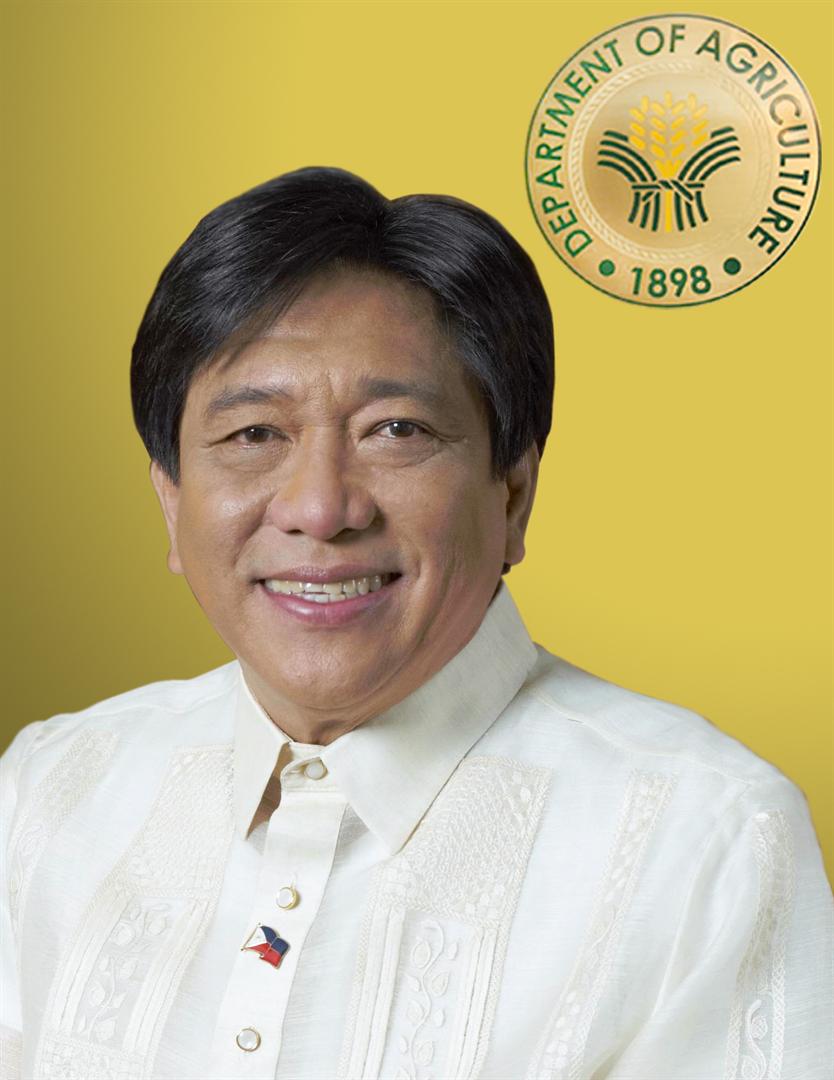
By Meanne Corvera
Eagle News Service
The Office of the Ombudsman has found probable cause to charge former Agriculture Secretary Proceso Alcala and 23 others with graft over the garlic supply controversy in 2014.
In a statement, the Ombudsman said also to be indicted were Bureau of Plant Industry (BPI) Director Clarito Barron, BPI Division Chiefs Merle Palacpac and Luben Marasigan, and garlic traders Lilia “Lea” Cruz, Edmond Caguinguin, Rolan Galvez, Rochelle Diaz, Ma. Jackilou Ilagan, Jon Dino De Vera, Napoleon Baldueza, Jose Ollegue, Laila Matabang, Angelita Flores, Gaudioso Diato, Denia Matabang, Jose Angulo, Jr., Raffy Torres, Mary Grace Sebastian, Renato Francisco, Rolando Manangan, Orestes Salon, Prudencio Ruedas and Shiela Marry Dela Cruz.
Barron, Palacpac and Marasigan were found guilty of grave misconduct and ordered dismissed from the service.
The Ombudsman said based on its investigation, Alcala, Barron, Palacpac and Marasigan approved 8,810 import permits despite an existing order suspending the issuance of the same.
The anti-graft body said that out of the number, 5,022 IPs were “cornered by importers and affiliates” of the Vendors Association of the Philippines, Inc. (VIEVA) chaired by Cruz, who was designated as chairperson of the National Garlic Action Team that serves as the “DA’s consultative body on policies and concerns of the garlic production and supply program” on July 24, 2013.
Cruz, the Ombudsman said, also acted as a representative of the garlic importers, “assisting them in the processing of applications and issuance of IPs.”
“NGAT’s resolution that 70% of the IPs would be allocated to farmer cooperatives was actually a scheme designated for Cruz to control the garlic importation. It bears emphasis that after Cruz established VIEVA, she caused the affiliation of farmer cooperatives and associations under its umbrella on the pretext of helping them financially. By adopting the scheme, Cruz practically controlled a big chunk of the 100% of the IPs for imported garlic. The 30% of the IPs supposedly allocated to legitimate garlic importers was given mostly to VIEVA and its affiliated importers. On the other hand, the 70% of IP allocation for the farmer cooperatives was mainly captured by Cruz through VIEVA-affiliated farmer groups,” the Ombudsman said.
According to the Ombudsman, “the scheme enabled VIEVA to monopolize the garlic supply, allowing it to dictate its market prices.”
For this, it noted that based on documents recovered from National Bureau of Investigation, Securities and Exchange Commission, Cooperative Development Authority, Department of Trade and Industry, and National Statistics Office, there was a “close connection and relations between and among the VIEVA and VIEVA-affiliated importers,” with the “interlocking incorporators, similar representatives, addresses, emails, phone numbers, company profiles, major suppliers, plant addresses, ports of registration,” among others.
” [From] January to July 2014, the extraordinary and alarming spike in the prices of imported and locally produced (native) garlic was strongly felt by the public especially in the month of June 2014. The price of imported garlic soared, ranging from P260.00 to P400.00 per kg. from its average price of P165.00-P170.00 per kg. in calendar year 2010-2013; while the price of native garlic varied from P250.00- P400.00 per kg. in April to June 2014,” the anti-graft body said.
https://youtu.be/IIc-DXM1J4s







